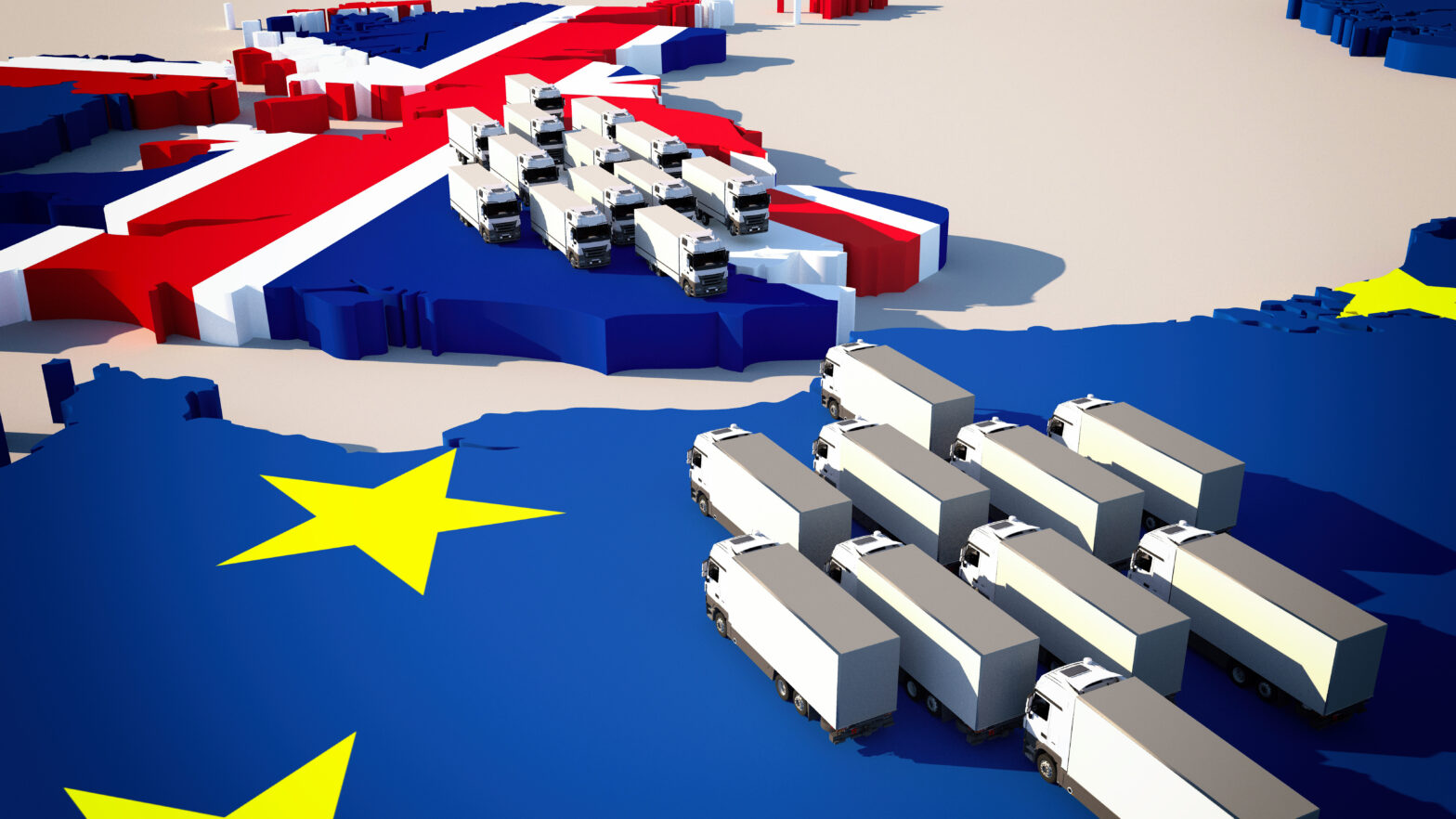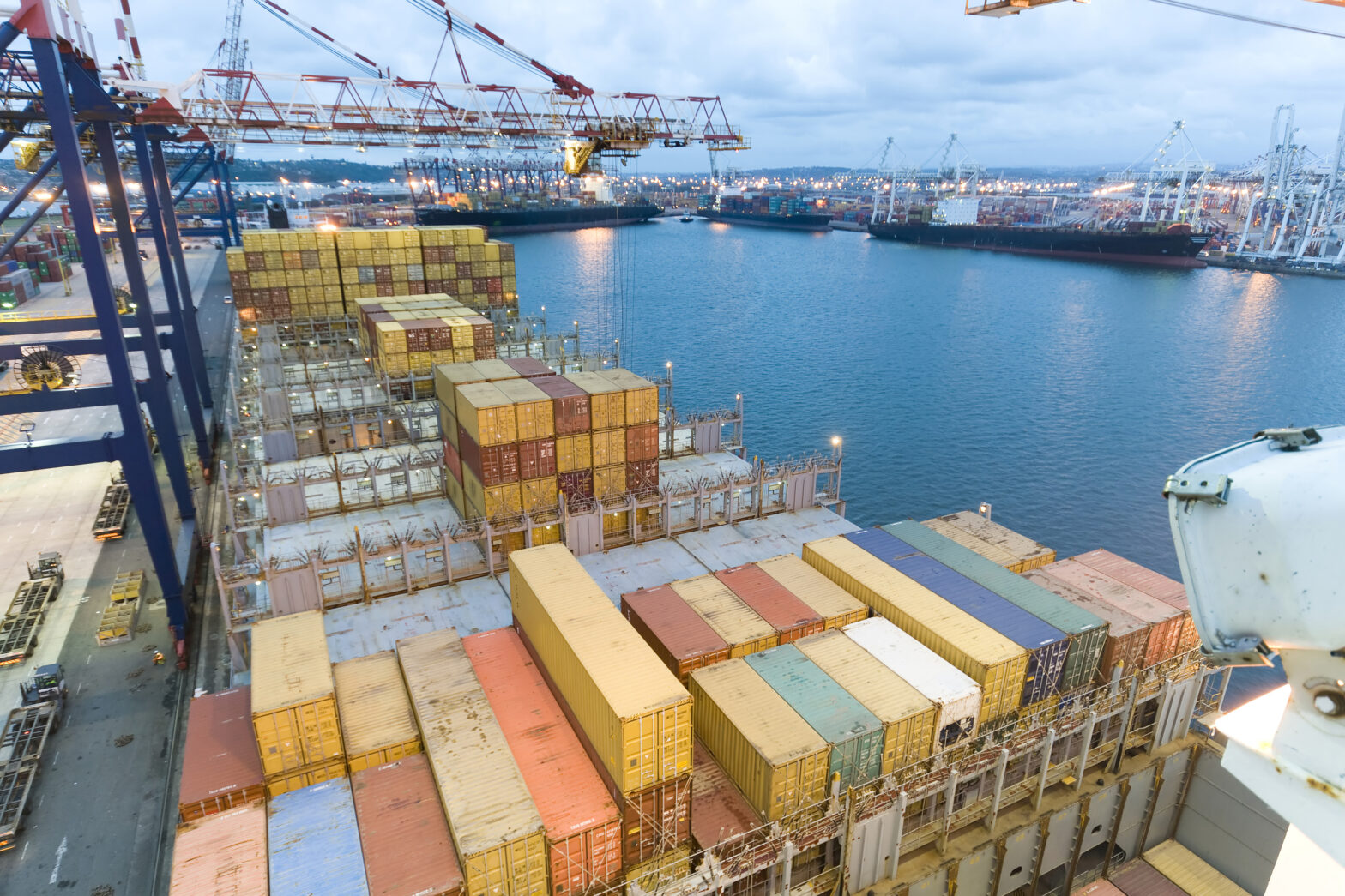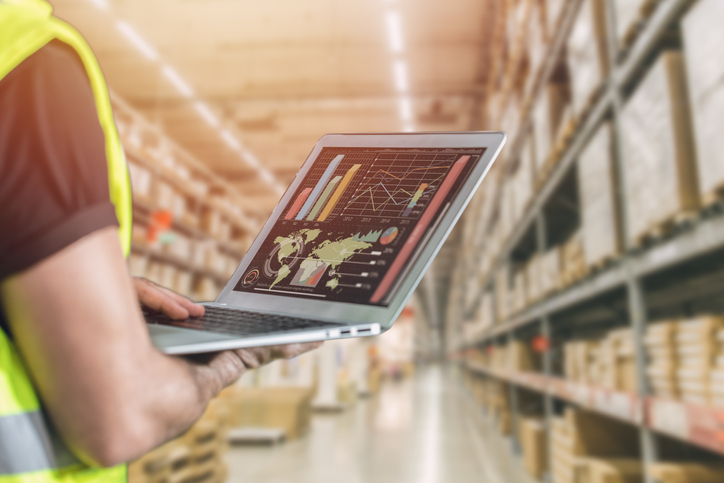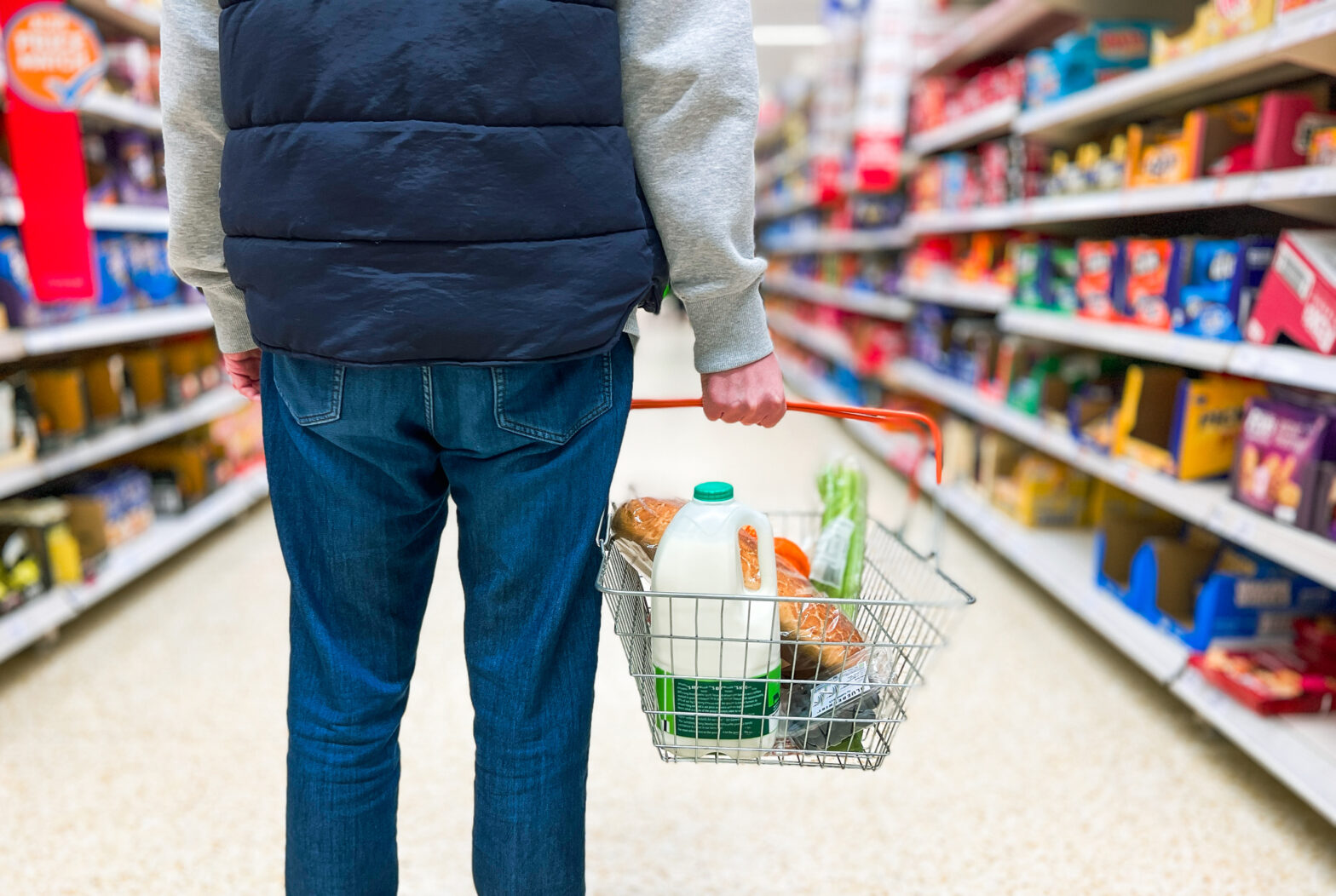EU to UK import changes – what’s changing from January 1?
From January 1 2022, small businesses importing into the UK from the EU must complete customs declarations in real time; pre-notify the authorities of incoming animal and plant products; and be able to prove that goods they are importing from the EU qualify for tariff-free access to the UK.
Currently, full customs declarations for EU goods can be deferred at the point of arrival.
However, from January 1, companies will no longer be able to delay making import customs declarations for EU goods, and will instead have to make declarations and pay relevant tariffs at the point of import.
Notice of imports of food, drink and products of animal origin will also be needed to be given in advance.
The Government has said that small businesses should consider how they are going to submit customs declarations and pay any duties.
Unless goods have a valid declaration and have received customs clearance, they will not be able to be released into circulation, and in most cases will not be able to leave the port.
Goods may be directed to an inland border facility for documentary or physical checks if these checks cannot be done at the border.
UK-EU customs border measures - what's changing
| January 1 2022 | |||
| Full customs declarations Import declarations to HMRC for goods from the EU can no longer be deferred by up to 175 days. UK businesses must complete import declarations in ‘real time’ as products enter the UK. | Food and plant products pre-notification Businesses importing food goods that require so-called Sanitary and Phytosanitary checks must enter these into the UK’s import of products, animals, food and feed system (IPAFFS). They will still not need export health certificates or physical veterinary inspections on arrival | EU hauliers to be pre-authorised Lorry drivers entering from the EU will need to show they have the above documentation to obtain a pre-authorisation code to board ferries. They will obtain this via the goods vehicle movement service (GVMS) | Rules of origin requirements enter into full force UK businesses wanting to take advantage of zero tariff access for EU imports will need to ensure products from the EU are supported by suppliers’ declarations proving the goods are sufficiently EU-made to qualify for tariff-free access. And vice versa for EU importers of UK goods |
| July 1 2022 | |||
| Rules of origin requirements enter into full force UK businesses wanting to take advantage of zero tariff access for EU imports will need to ensure products from the EU are supported by suppliers’ declarations proving the goods are sufficiently EU-made to qualify for tariff-free access. And vice versa for EU importers of UK goods | |||
| September 1 2022 | |||
| Dairy products Will require export health certificates and be liable for physical inspections by UK port health authorities | |||
| November 1 2022 | |||
| Composite products and fish products Will require export health certificates and be liable for physical inspections by UK port health authorities |
EU import changes
The biggest worry about possible disruption comes from the requirement for lorries entering the UK to obtain an authorisation code from the UK’s goods vehicle movement services, or GVMS, prior to boarding a ferry.
To obtain the code, their paperwork must be in order. From January 1 this will mean customs declarations and duty payments can no longer be deferred by up to 175 days, and animal and plant products must be preregistered with the UK’s import of products, animals, food and feed system (IPAFFS).
From July 2022 food importers will also need their goods to be accompanied by health certificates signed off by EU vets and be ready to submit to spot checks if selected at UK border control posts.
Shane Brennan, chief executive of the Cold Chain Federation, told the Financial Times that the stipulation to gather customs and IPAFFS declarations, often in a tight timeframe, was likely to leave many EU hauliers “playing catch-up” in the early months of 2022.
Business groups have warned these new EU import changes, which were delayed by one year in order to keep trade flowing, will add pressure on small businesses in 2022 as they continue to adjust to trading outside the EU single market.
Business groups and Government officials admit that it is impossible to predict exactly how the EU import changes will impact the flow of EU imports, which in 2020 accounted for 50 per cent of all UK imports, worth £300bn.
>See also: How to import from the EU
Exporting to EU also changing
Meanwhile, supplier declarations will be needed for the first time to export goods to the EU using tariff preferences — a reduced rate of customs duty granted as long as there is proof of origin.
In 2021 exporters on both sides were given a one-year grace period that reduced the required documentation, but from 2022 companies on both sides of the EU divide will need to provide documention that their goods comply, if challenged by customs authorities.
In December HMRC told UK traders that if they failed to provide “supplier declarations” for goods they risked paying penalties or being barred from using preferential tariff rates in the future.
Business groups have warned ministers that for smaller businesses the rules of origin process can be confusing and time-consuming, with many not fully appreciating the requirements.
New commodity codes from January 1
Commodity codes used worldwide to classify goods that are imported and exported will also change on January 1.
What you can do to prepare for EU import changes
- Speak to suppliers to ensure you have all you need to make declarations
- Consider alternative providers if that would be more efficient
- Think about different transportation routes
>See also: Do I need an import licence?
Business not ready for EU import changes
However, new Federation of Small Businesses (FSB) research has found that 75 per cent of small British importers are unready for new border controls on imports from the EU, sparking fears of further disruption to supply chains immediately after Christmas.
Only a quarter of small British importers are prepared for the new EU import changes.
One in eight (16 per cent) of importers surveyed said they are unable to prepare for the introduction of checks in the current climate, while a third (33 per cent) said they are unaware of any EU import changes coming into effect from January but will be affected by them.
Meanwhile, an Institute of Directors survey, whose members generally represent larger businesses, found one-third were “not at all prepared” for the changes.
Further reading on EU import
Import guide: three essential tips and everything you need to knowE





